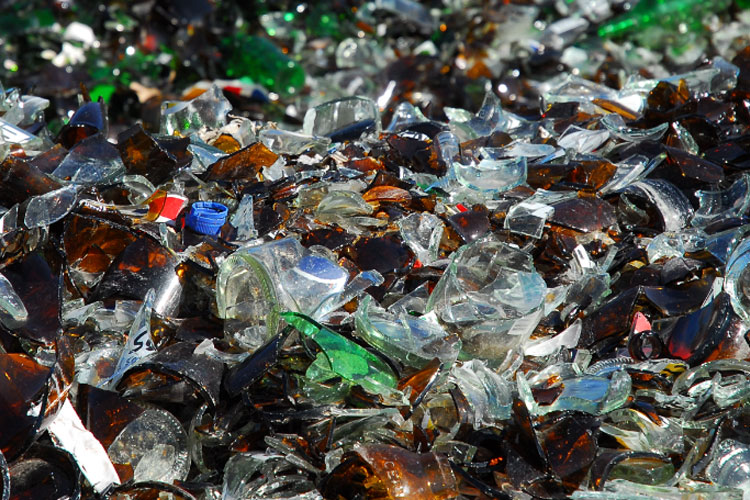
Glass waste poses unique challenges and opportunities in the context of waste management and sustainability. As a highly recyclable material, glass offers significant potential for circularity and resource conservation. However, effective management and recycling infrastructure are essential to realize these benefits and mitigate the environmental impact of glass waste.
Challenges of Glass Waste:
1. Fragmentation and Contamination: Glass waste often consists of fragmented pieces and is prone to contamination from other materials, such as plastics or organic matter, which can complicate the recycling process and reduce the quality of recycled glass.
2. Energy Intensive Recycling: While glass is infinitely recyclable, the process of melting and remanufacturing glass requires substantial energy inputs, contributing to greenhouse gas emissions and environmental impacts, especially if renewable energy sources are not utilized.
3. Limited Recycling Infrastructure: Inadequate collection and recycling infrastructure, coupled with low consumer awareness and participation, hinder the efficient recycling of glass waste, leading to high disposal rates in landfills and incinerators.
Opportunities for Glass Waste Management:
1. Closed-Loop Recycling Systems: Implementing closed-loop recycling systems for glass, where recycled glass is used to manufacture new glass products, reduces the need for virgin materials and minimizes environmental impacts associated with glass production.
2. Improved Collection and Sorting: Investing in advanced collection and sorting technologies, such as optical sorting systems and automated processes, enhances the efficiency and effectiveness of glass recycling, leading to higher-quality recycled glass.
3. Innovative Applications: Exploring innovative applications for recycled glass, such as in construction materials (e.g., glass aggregates, tiles, countertops), consumer goods, and art, creates additional markets for recycled glass and stimulates demand.
4. Consumer Education and Awareness: Educating consumers about the benefits of glass recycling, proper sorting techniques, and the environmental impact of glass waste encourages participation in recycling programs and fosters a culture of sustainability.
5. Policy Support and Incentives: Implementing policies such as bottle deposit schemes, extended producer responsibility (EPR) regulations, and landfill bans on glass waste incentivizes recycling and supports the development of a circular economy for glass.
Success Stories and Best Practices:
1. Bottle Deposit Systems: Jurisdictions with bottle deposit systems, such as Germany and several U.S. states, have achieved high glass recycling rates by providing financial incentives for returning glass bottles and containers.
2. Glassphalt: The use of recycled glass in asphalt pavements, known as “Glassphalt,” reduces the demand for virgin materials and enhances the durability and performance of road surfaces, offering a sustainable solution for glass waste utilization.
Glass waste presents both challenges and opportunities in the transition towards a circular economy. By implementing effective waste management strategies, investing in recycling infrastructure and technology, and fostering collaboration among stakeholders, we can harness the potential of glass waste to create a more sustainable and resource-efficient future.
